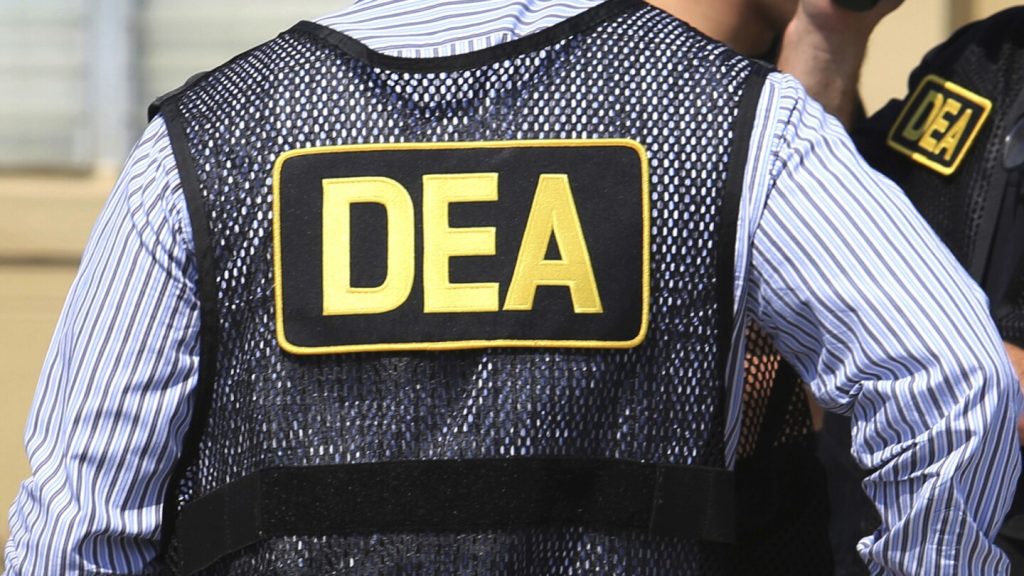The U.S. Drug Enforcement Administration (DEA) is facing criticism from a federal government watchdog for failing to timely report human rights violations committed by Latin American law enforcement partners. The violations, which included waterboarding, suffocation, and torture of crime suspects, were not reported in a timely manner, in violation of the Leahy Act. This law prohibits the U.S. from providing assistance to security forces that violate human rights. The DEA’s obligations under this law include vetting foreign police officers and units working closely with them in the war on drugs to ensure compliance with human rights standards.
The Inspector General’s audit of the DEA’s use of polygraph examinations as part of the vetting process uncovered five instances in which the DEA failed to report potential violations to the State Department. These instances included officers admitting to waterboarding, using Tasers on suspects until they passed out, and beating detained suspects. In some cases, the DEA took almost nine months to report these violations. The DEA has acknowledged that at the time of the incidents, it did not have policies, procedures, and training in place to ensure timely reporting of potential violators. However, it has since updated its policies to train agents on the Leahy Law’s guidelines and ensure timely identification of violators.
A recent report by the Inspector General revealed that the DEA hired almost 300 special agents and research analysts in recent years who either failed polygraph exams during the onboarding process or provided disqualifying information during the examination. While polygraph exams are not admissible in court proceedings, they are commonly used by federal law enforcement agencies for vetting purposes. The DEA had been one of the few federal law enforcement agencies that did not require applicants to pass a lie detector test before being hired. However, following overseas scandals and concerns about deception by applicants, the DEA tightened its procedures in 2019.
The DEA’s failure to timely report human rights violations committed by its Latin American law enforcement partners raises concerns about the agency’s oversight and adherence to human rights standards. The Leahy Act plays a crucial role in promoting respect for human rights among security forces working with the U.S. in the war on drugs. By not promptly reporting violations, the DEA may be enabling further human rights abuses and undermining the U.S. government’s efforts to promote human rights abroad. The agency’s commitment to updating its policies and training agents on the Leahy Law’s guidelines is a step in the right direction, but further scrutiny and accountability are needed to ensure compliance with human rights standards.















